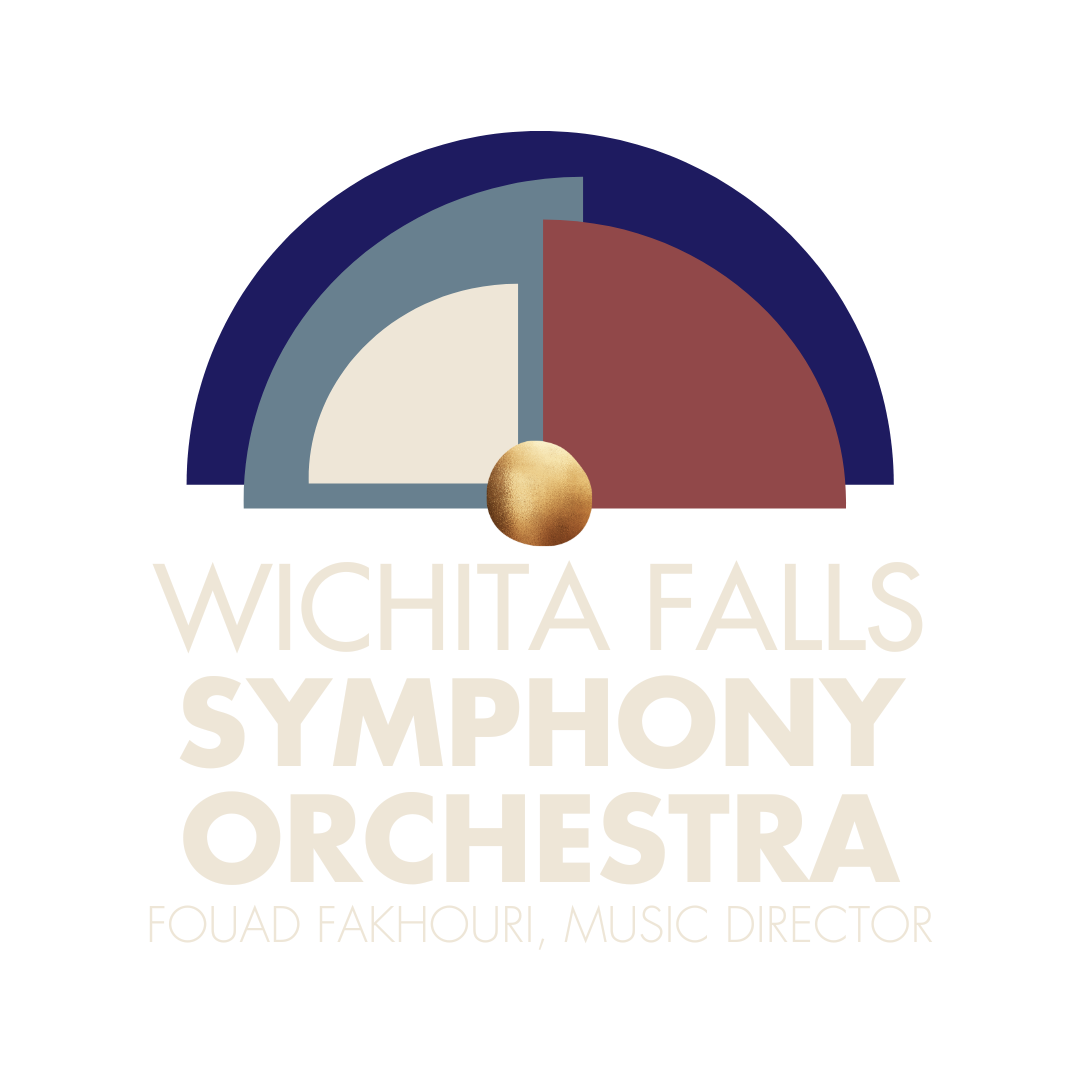Program Notes – October 18, 2025
Written by Todd Giles
Bernard Herrmann: Psycho: A Short Suite for String Orchestra (1960)
Bernard Herrmann’s career began in 1934 when he was hired by CBS Radio to write music for and conduct their in-house orchestra. While at CBS, he also composed music for the Mercury Theatre of the Air, which was directed by a young Orson Welles. In 1938, Herrmann worked on Welles’ infamous The War of the Worlds broadcast; their next major collaboration was another groundbreaker, Citizen Kane (1941). Herrmann is most well-known, though, for his long association with Alfred Hitchcock, which spanned nine films, including The Man Who Knew Too Much (1965), Vertigo (1958), North by Northwest (1959), and Psycho (1960).
It’s with the music for the latter that Herrmann left his largest mark. We can hear the influence of modern composers such as Stravinsky, Hindemith and Ives in his use of dissonance and short, repeated patterns, or ostinato. Herrmann’s greatest influence is heard in his sharp, powerful string scoring which creates an agitated tension and atmosphere. Even the opening scene of Psycho, with its otherwise mundane panoramic view of Phoenix, Arizona, highlights the fact that something awful looms below the surface with its dissonant and angular strings stabbing at us over the credits, presaging the screeching violins to come during the shower scene, thus marking one of the most iconic moments in film (and film score) history.
Alan Menken: “Overture” from Beauty and the Beast (2017)
Alan Menken’s (b. 1949) name will forever be associated with Walt Disney Animation Studios with his scores for The Little Mermaid (1989), Beauty and the Beast (1991), Aladdin (1992), and Pocahontas (1995). Menken, who also composes for the theatre and live-action films—including remakes of some of his earlier animated Disney classics like Beauty and the Beast (2017)—has won eight Academy Awards, eleven Grammys, and one Tony. All told, he has been nominated for those three awards a total of forty-seven times. The American Film Institute included the title song from Beauty and the Beast in their “100 Years . . . 100 Songs” list, and their “25 Greatest Movie Musicals” list has the film ranked twenty-second.
John Williams: “Main Title,” “Throne Room” and “End Title” from Star Wars (1977); “Nimbus 2000” from Harry Potter and the Sorcerer’s Stone (2001); “Rey’s Theme” from The Force Awakens (2015)
Generations of Americans have grown up with the cinematic scores of John Williams (b. 1932), the most well-known, influential, and highly awarded composer working over the last fifty years. Whether you were a Baby Boomer watching the world you knew coming to an end on the big screen in the 1970s in The Towering Inferno, Earthquake and The Poseidon Adventure, a GenXer mesmerized by the new worlds of Star Wars, Superman and ET, a Millennial coming of age alongside the young characters in the first three Harry Potter films, or a GenZer watching the Obi-Wan Kenobi miniseries on your iPad, Williams’ music has provided the soundtracks of our lives for decades.
Inspired by the previous generation of great American film composers he worked with early in his career as a Hollywood studio session musician, such as Bernard Herrmann, Erich Wolfgang Korngold, and Franz Waxman, Williams’ signature sound was also inspired by the sweeping orchestral style of 19th century Romantics like Wagner and Tchaikovsky, especially their use of leitmotifs, or recognizable themes associated with specific characters, places or situations. While Williams’ most recognizable leitmotif is the two-note repeated theme in Jaws, many of his other most memorable leitmotifs are found in his music for the Star Wars saga, such as “Luke’s Theme,” “The Imperial March” which accompanies Darth Vader, and “Rey’s Theme” from Star Wars: The Force Awakens, which won Williams his 50th Academy Award nomination in 2015.
In much the same way the original Star Wars trilogy enraptured Generation X, so too did the Harry Potter films for Millennials when Harry Potter and the Sorcerer’s Stone premiered in 2001. As is common practice for many film composers, Williams culled a suite for orchestra from the score which is comprised of four movements which introduce some of the film’s more well-known leitmotifs, including the work on tonight’s program, “Nimbus 2000.”
John Ottman: “You’re X-Men / End Titles” from X-Men Apocalypse (2016)
Composer, editor, and director John Ottman (b. 1964) is best known for his work on the X-Men series, including the scores of X2 (2003), X-Men: Days of Future Past (2014), and X-Men Apocalypse (2016). Beyond the series, his work is also heard in The Cable Guy (1996), Superman Returns (2006), and Jack the Giant Slayer (2013). In 2018, he won an Academy Award for Best Film Editor for the Queen biopic, Bohemian Rhapsody. As a child growing up in San Jose, California, Ottman became interested in classical music via film scores. In an interview with yourclassical.org, Ottman recalls visiting his local Tower Records store and asking for every classical symphony that sounded like a film score; he left with works by Holst, Dvorak, and Richard Strauss.
Danny Elfman: “Main Title” from The Simpsons (1989)
Danny Elfman (b. 1953) has composed over one hundred feature film scores to date, including over twenty Tim Burton projects such as Pee-Wee’s Big Adventure (1985), Beeltejuice (1988), Edward Scissorhands (1990), and Mars Attacks! (1996). If you are a child of the 80s, you might also recognize Elfman as the singer of the New Wave band Oingo Boingo. Elfman recalls hearing Bernard Herrmann’s score for The Day the Earth Stood Still as a child, which incorporated several electronic instruments, including two theremins. He was so taken with Herrmann’s music that he wrote three adaptations of the original Psycho score for the 1998 remake of the film. Other influences include the minimalism of American composers Philip Glass, Terry Riley, and Steve Reich. Along with his music for The Simpsons, Elfman has also composed themes for TV’s Tales from the Crypt, The Flash, and Desperate Housewives.
Michael Giacchino: “Main Theme” from video game Medal of Honor (1999); Mission Impossible Theme (2006)
Michael Giacchino (b. 1967) is an American film, television, and videogame composer whose first cinematic commission came from Pixar with the score for The Incredibles (2004). He has since won three Grammys and an Academy Award for Up (2009).
In 2006, Giacchino was commissioned to write the theme for Mission Impossible III, which is based on Lalo Schifrin’s (b. 1932) original score for the American TV series Mission: Impossible that aired from 1966–1973. His other movie projects include Ratatouille, Star Trek, Jurassic World, and Rogue One: A Star Wars Story. Along with his Mission Impossible Theme, on tonight’s program is the “Main Theme” from the Steven Spielberg-inspired 1999 PlayStation video game series Medal of Honor. Other notable video game scores include The Lost World: Jurassic Park (his first collaboration with Spielberg), Call of Duty, and The Lion King.
Elmer Bernstein: The Great Escape March (1963)
Along with Bernard Herrmann, Elmer Bernstein (1922–2004) counted Franz Waxman, Miklós Rózsa and Erich Wolfgang Korngold as his major influences. In turn, Bernstein had a marked influence of the styles of John Barry, Lalo Schifrin, Ennio Morricone, and John Williams. With one hundred and fifty film scores and some eighty television themes to his credit, Bernstein was nominated for fourteen Academy Awards and won five Grammys. Bernstein studied composition under Aaron Copland, performed as a concert pianist from 1939 to 1950, and composed music for the concert hall, including a concerto for guitar, three orchestral suites, a string quartet, and music for solo piano.
Some of his early film scores include The Man with the Golden Arm (1955), The Ten Commandments (1956), and To Kill a Mockingbird (1962). With these serious films, it is surprising to learn that he also wrote scores for many comedy classics, including Animal House (1978), Meatballs (1979), The Blues Brothers (1980), and Ghostbusters (1986). On the program tonight is Bernstein’s score for John Sturges’ star-studded 1963 The Great Escape. Along with his famous march that opens the film, Bernstein also composed leitmotifs for each major character based on the opening theme.
Ennio Morricone: “Chi Mai” from The Professional (1971)
Italian composer Ennio Morricone’s (1928–2020) “Chi Mai” (“whoever”) was composed in 1971 and first used in the film Maddalena that same year. It was used again in the 1981 film Le Professionnel. “Chi Mai” has also appeared in several other films, TV programs and commercials; the tune even placed number two on the singles charts in Switzerland and the UK in 1981, and in France it reached number one. In the US, Morricone is best known as the composer of the iconically cheesy music in Sergio Leone’s “Dollars Trilogy”: A Fist Full of Dollars (1964), For a Few Dollars More (1965), and The Good, the Bad and the Ugly (1966). Along with his contribution to the genre of the spaghetti Western, Morricone also composed the scores of American mob movies The Untouchables (1987) and Bugsy (1991), just two more among his four hundred film and TV scores, to say nothing of his one hundred classical works, making Morricone one of the most prolific and influential film composers of the twentieth century.
John Barry: The Best of Bond (2005)
English composer John Barry (1933–2011) is most well-known for his twenty-five-year association with the James Bond franchise from 1963 to 1987. The “Bond sound,” which he brought to eleven films, was perfected with 1964’s Goldfinger. Barry’s big Bond break came two years earlier when he was invited to arrange the music already composed for the first film in the series, Dr. No, by Monty Norman. Barry went on to compose the scores of eleven of the next fourteen Bond films. Lush strings and extensive use of brass mark Barry’s style, which has been honored with several Academy Awards throughout his career, including Best Original Score for Out of Africa (1985) and Dances with Wolves (1990), and four Grammy Awards, including Best Instrumental Theme for Midnight Cowboy (1969).




